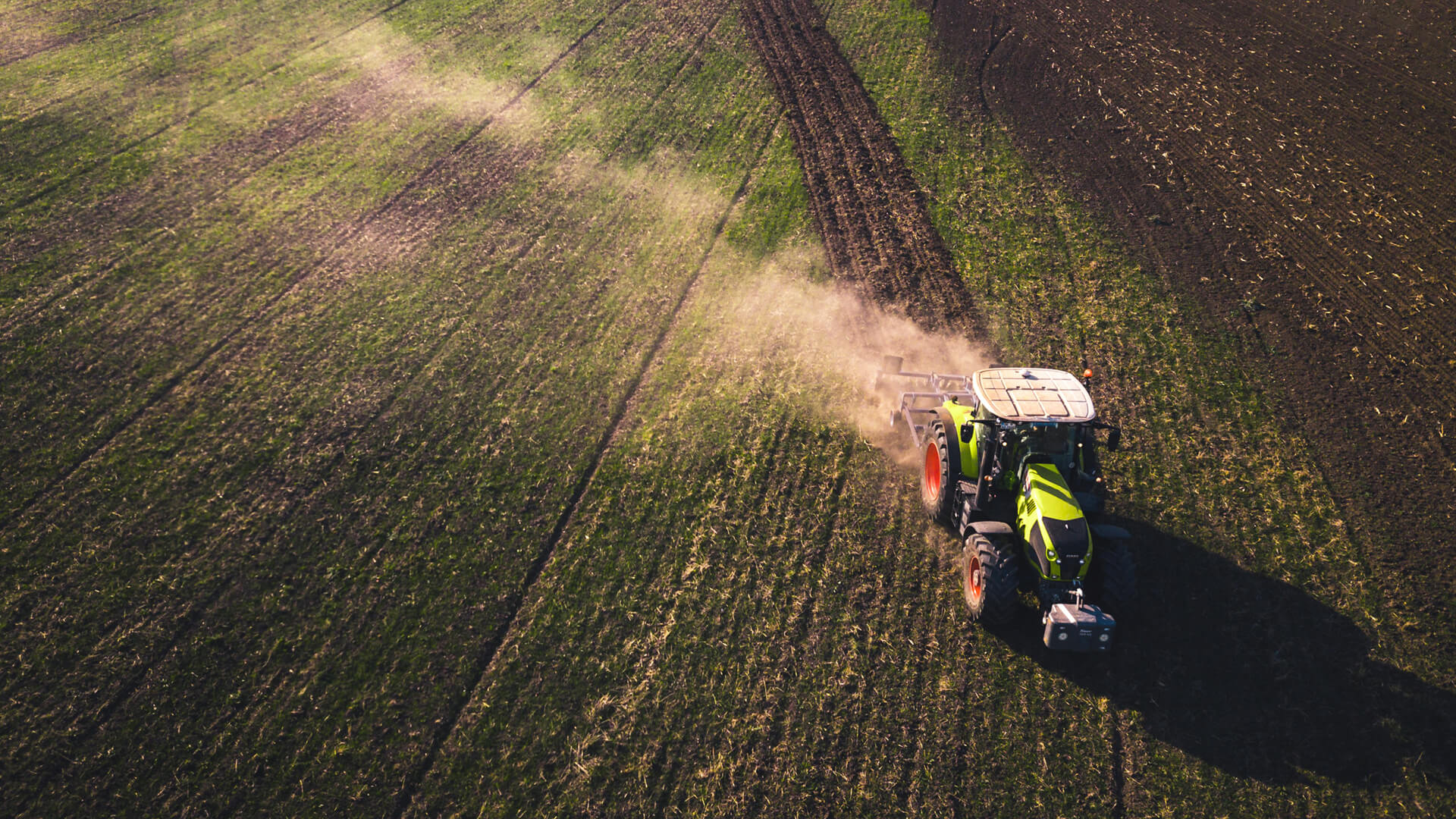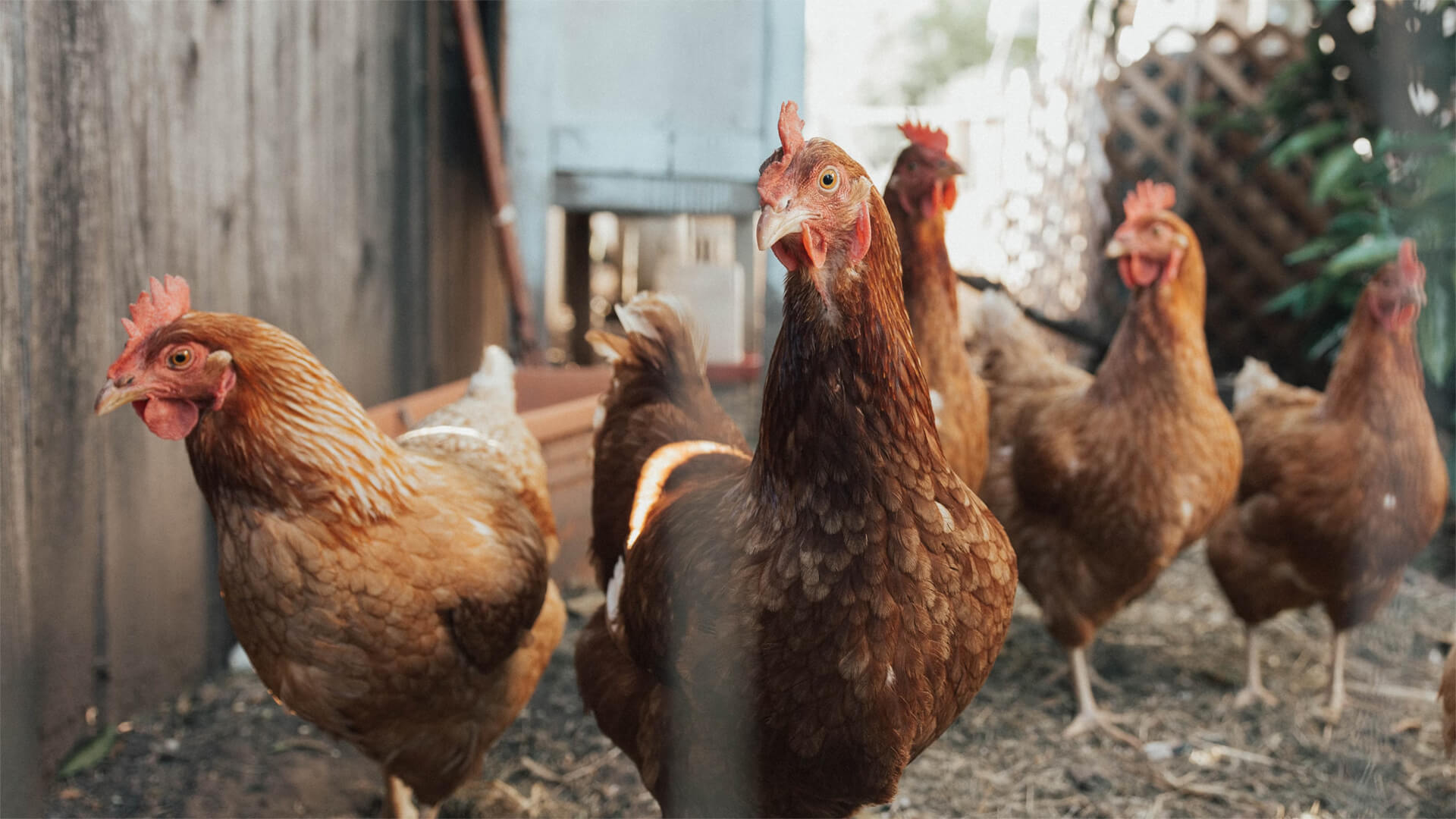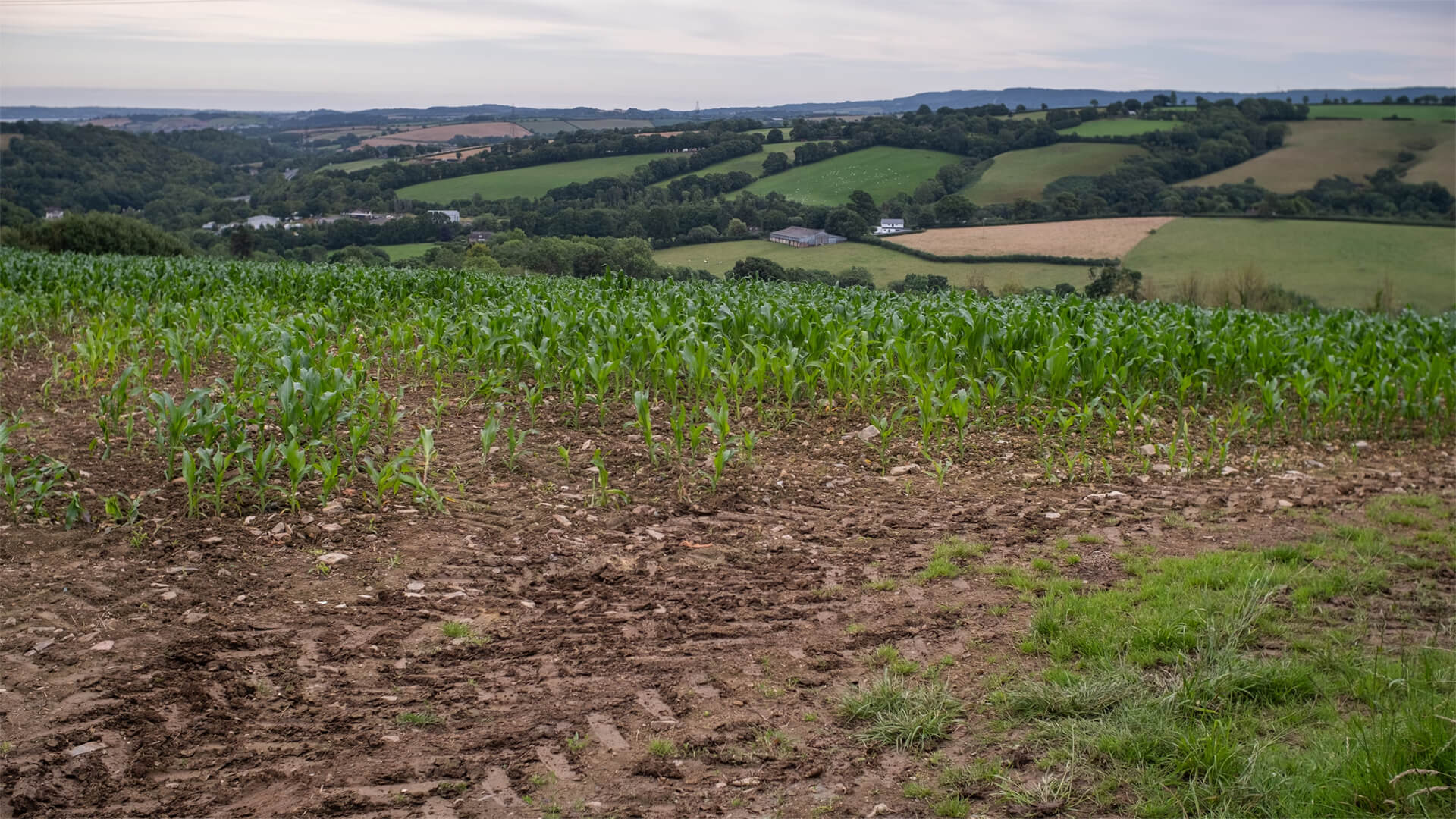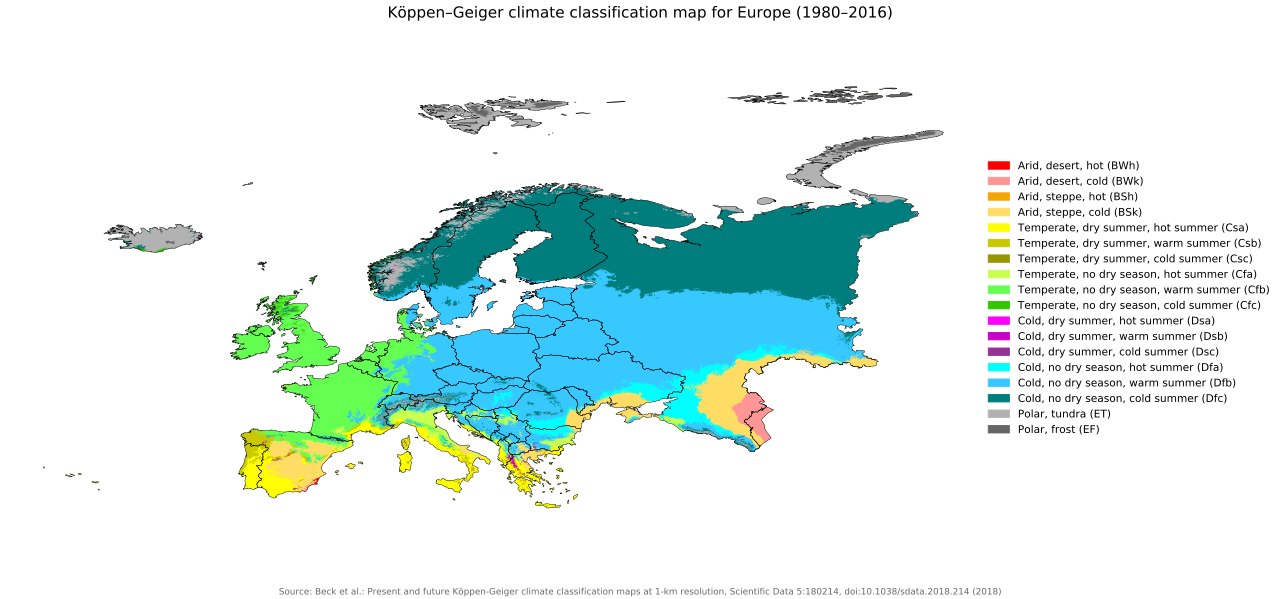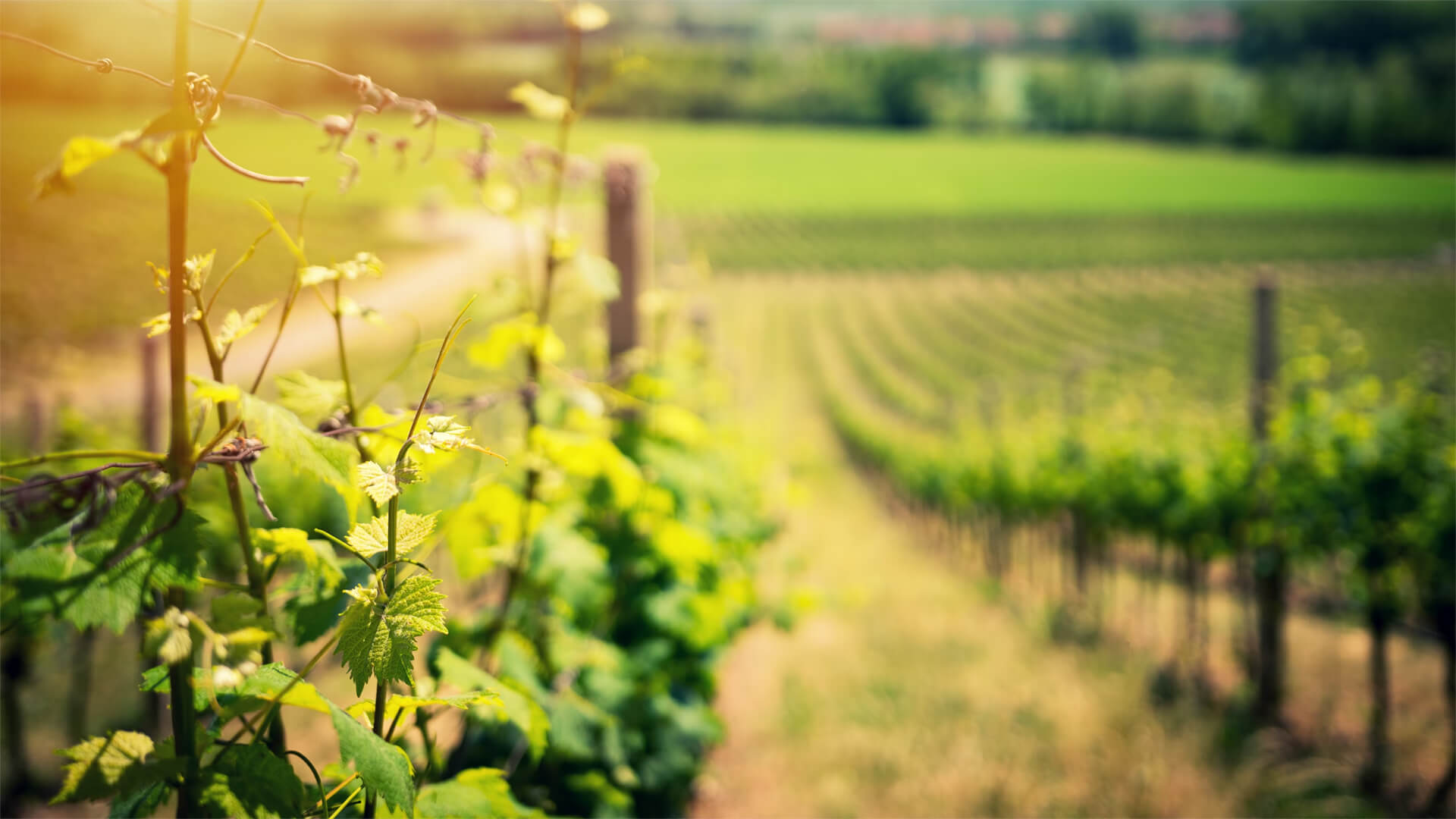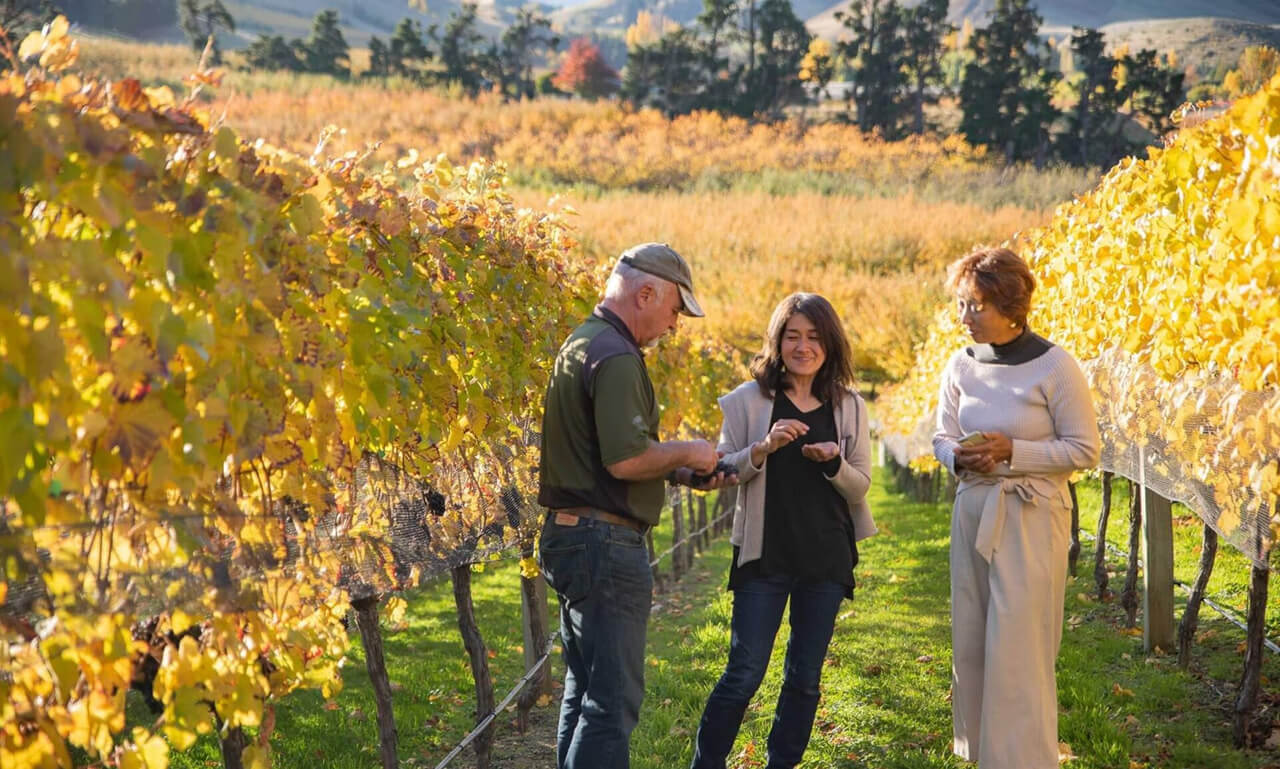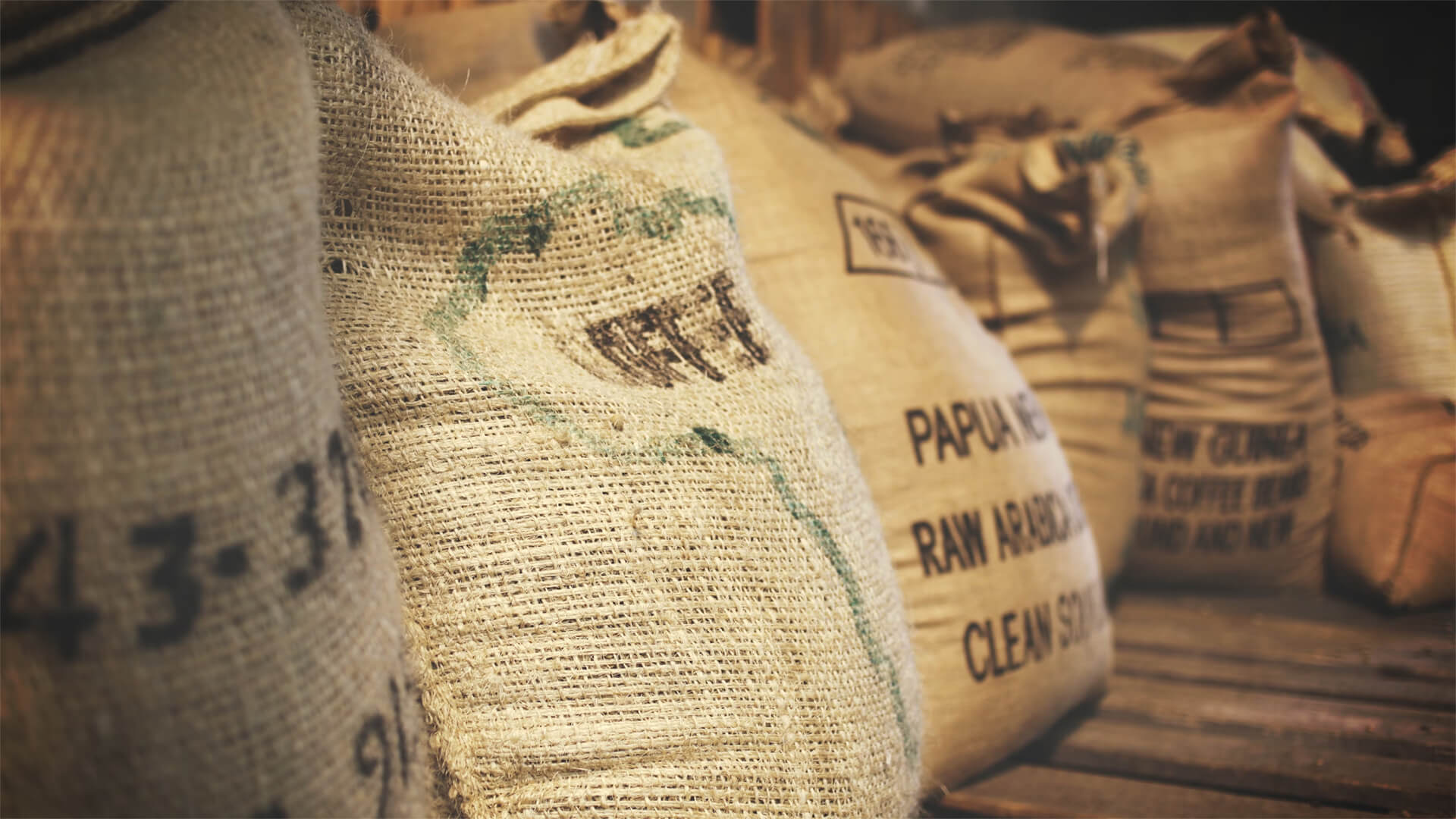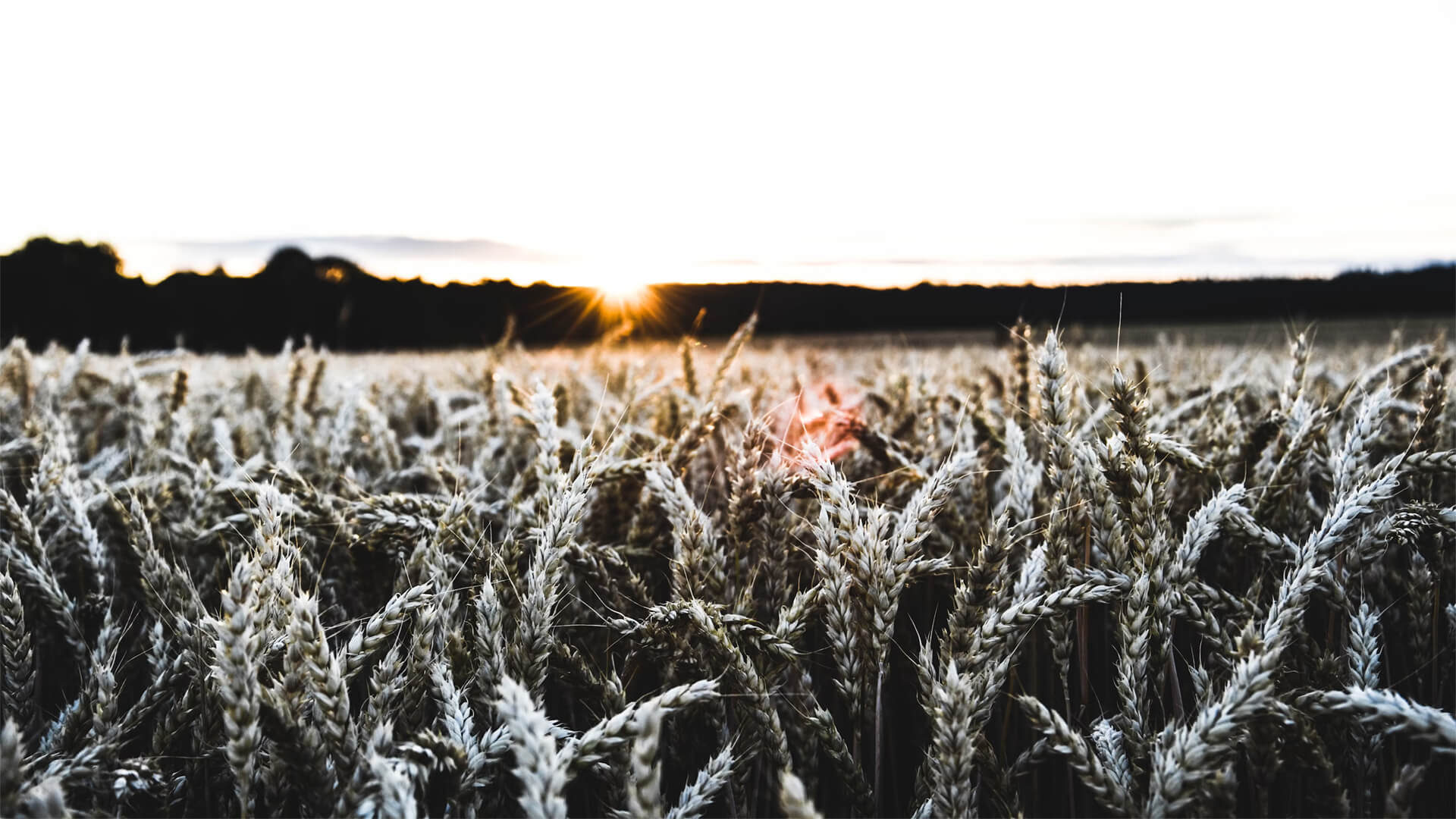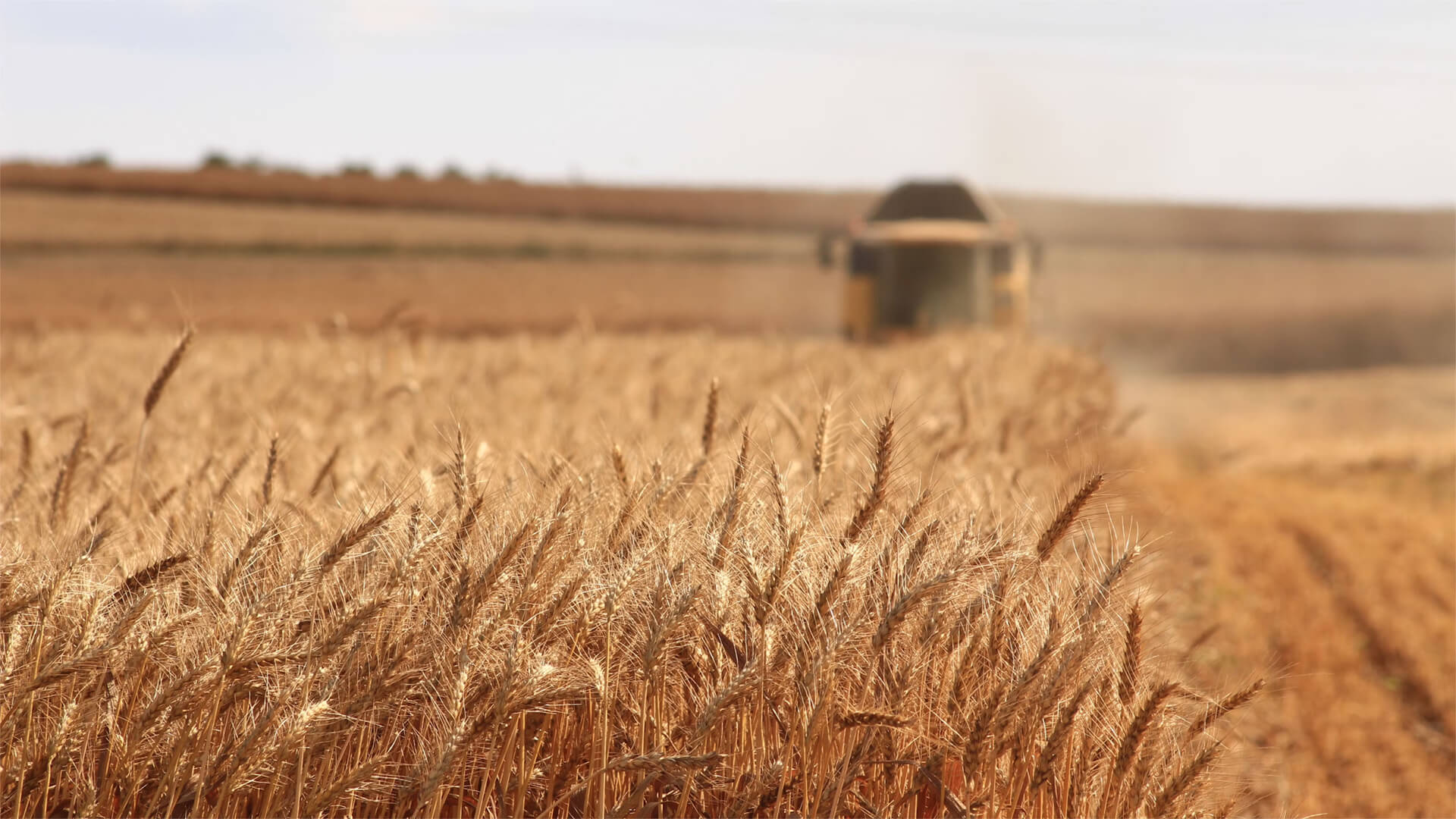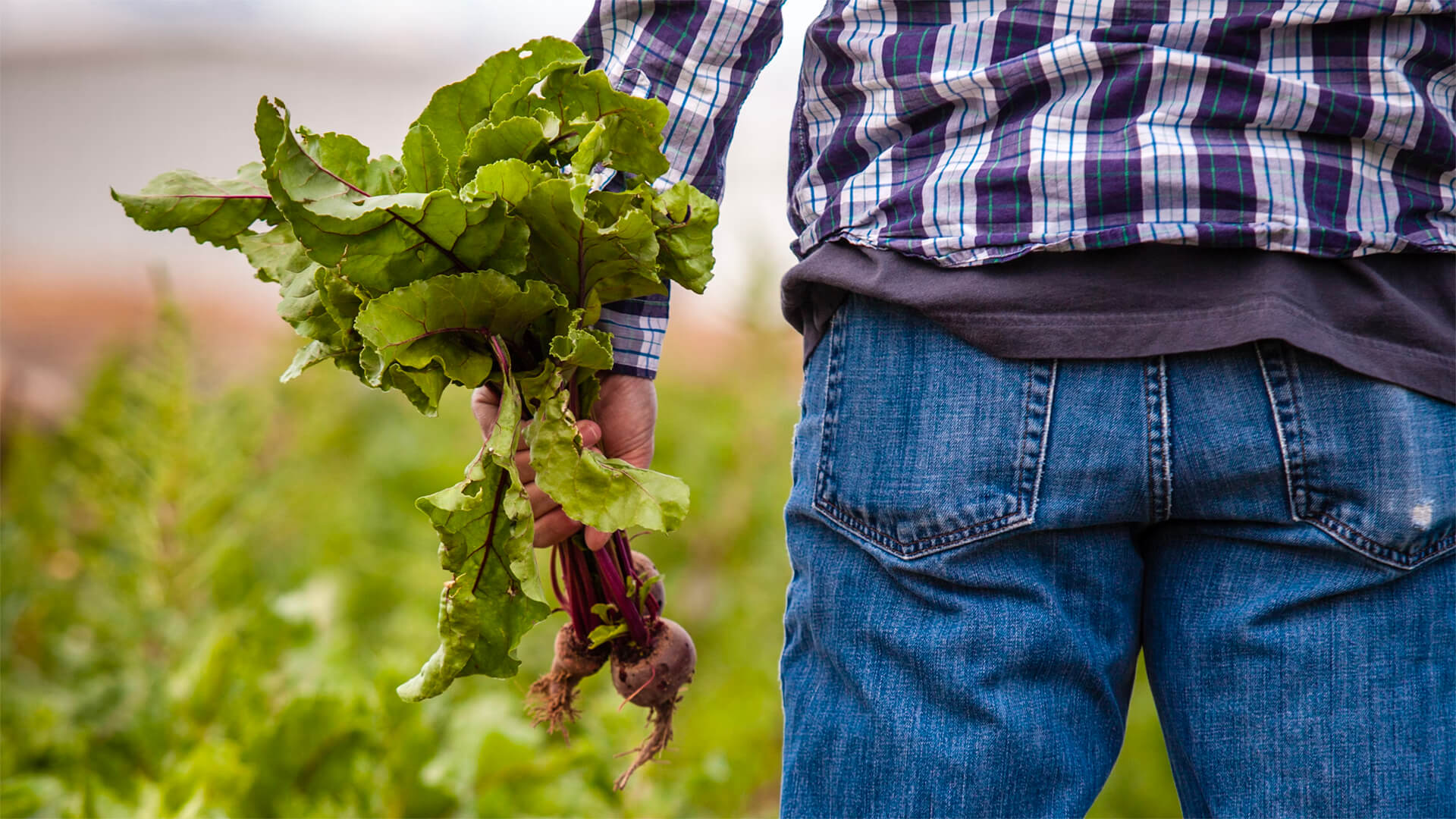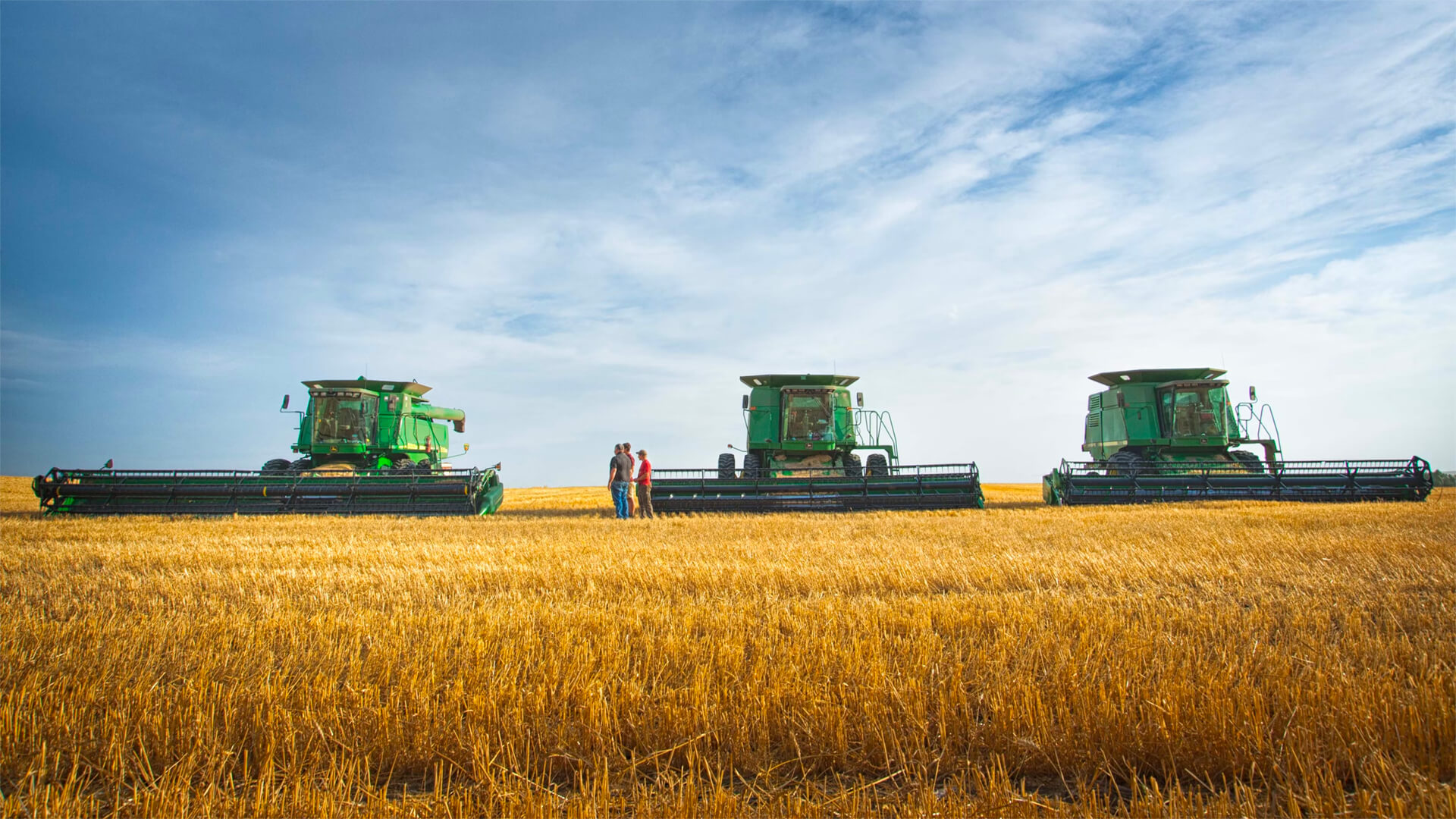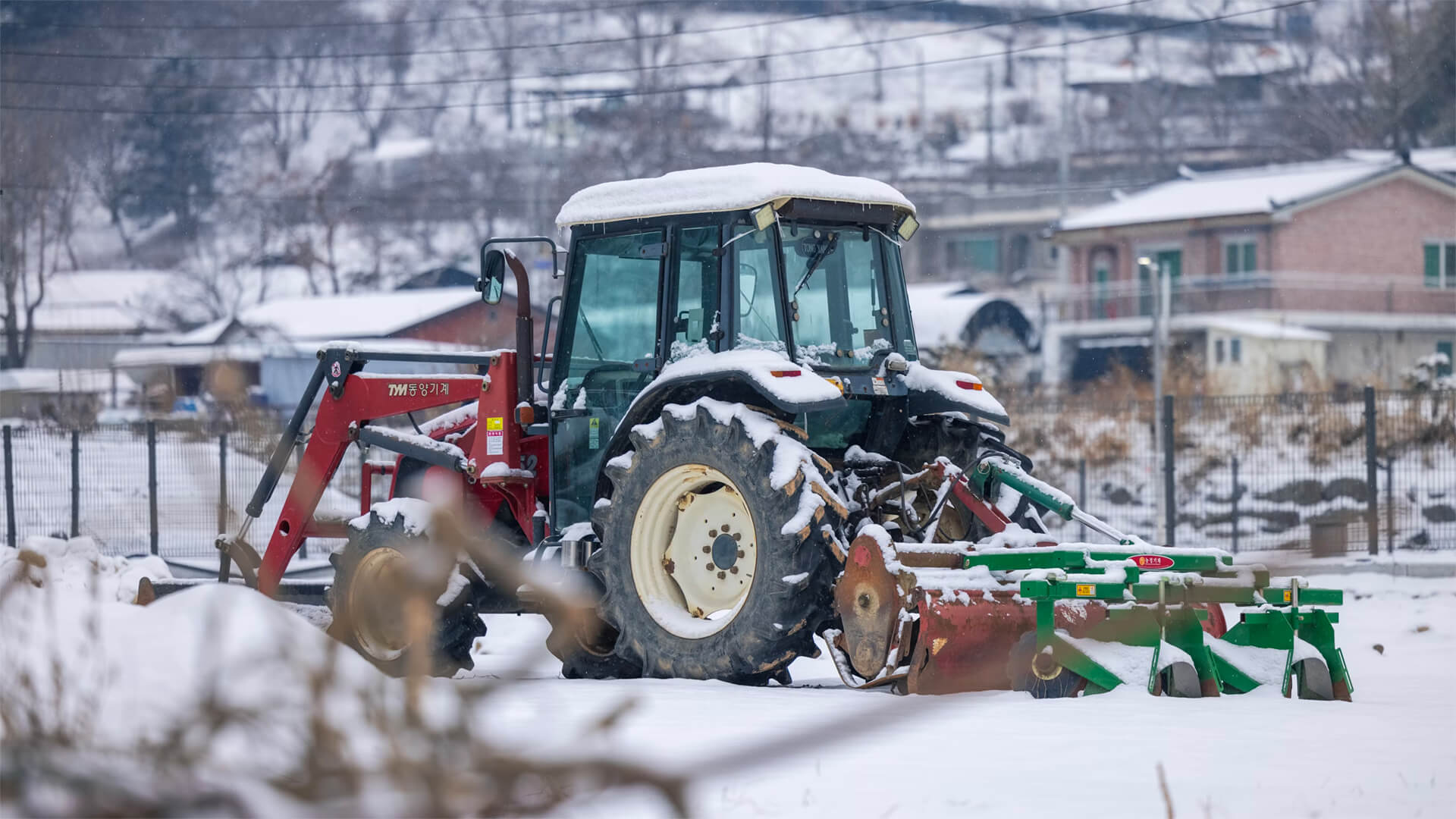US agriculture is heading towards a major crisis, and yes, Trump’s trade policies are to blame for this as well. Many of the US ag export markets are closed off, and farmers are feeling the heat.
China has already cut purchases of US agricultural products to (nearly) zero, and this market is likely gone for good. Not long ago, China was the largest buyer of US products, meaning US farmers are losing a huge chunk of change and output will need to shrink accordingly.
The meat industry is reeling. Demand is falling, per-animal profitability is tanking since there’s no export market for byproducts, and overexposed beef producers are in for it. Row crops like soy are in trouble as well since China was the largest market for much of this. Specialty crops like pistachios and cherries will face devastating losses.
The only path to recovery is through an extensive, long-term government support. Think France’s permanent ag welfare. Without it, American farming will face a collapse worse than the 1980’s farm crisis.
Transcript
Hey, y’all. Peter Zeihan here. Coming to you from Colorado. And today we’re going to continue our Firehose of Chaos series about how the Trump administration’s domestic and international policies are affecting the US economy. And today, it’s the agriculture edition. Agriculture in the short to mid-term is probably the sector that’s facing some of the sharpest challenges. And it’s entirely feasible for me that over the course of the next 3 or 4 years, we’re looking at somewhere between a quarter and a third of U.S. producers just going out of business because of the trade war.
The issues pretty straightforward. Trump has basically picked fights with America is number one, number two, number three, number five, number nine, number 11, number 12, number 14, and number 17th largest trading partners when it comes to agricultural exports. And as a rule, agricultural importers fall into two categories. Number one, those who don’t have a choice, they just can’t grow the food themselves.
And then those who do have a choice, who can always switch products or switch consumers. And when it comes to export destinations like, say, China or the European Union, they’re definitely in the latter camp. And so what usually happens is that whenever there’s a trade spat for any reason, anywhere, agriculture is usually the sector that is targeted first.
A couple reasons for this number one, agricultural interests around the world tend to be very politically powerful, and they, can make their desires known to the local political system. And second, people have this wildly inaccurate view of how farmers work that they might be a little bumbling, that they’re a little backwards. But of all the audience that I ever speak to, they are always the most sophisticated and always the ones that look for the most because they have to.
Everything that they do is dependent upon supply lines and manufacturing and finance Trends go out a year, five years, a decade because of the decisions that they make now are going to reverberate throughout their operations for years to come. And this is true everywhere. So when there’s a trade fight, the other side knows that if they can damage agriculture, they can take producers off for the long term.
And that’s exactly what is happening now. Specifically, the United States, number one export partner for agricultural produce and meats is China. And because we now have in excess of 100% tariff going both ways on products, U.S. sales to China have functionally gone to zero. And they will not be coming back this year or next year or the year after.
And considering China’s export dependency and its demographic decline, it is highly unlikely that American farmers will ever have access to unified China again. China will break before that is fixed. And so you’re looking at an industry that is basically tapped out. Pretty much all the growth that has happened in American agriculture since the year 1995 has been from export markets.
They’ve been a direct beneficiary of hyper globalization, arguably the sector after tech and finance in the United States that has benefited the most. And now that some of their major consumers are simply beyond them, either because of economic stress or the trade war, they’re looking at basically needing to reduce overall output by something around 20 to 25% on a nation wide basis.
Now that’ll change specifically based on region based on crop based on season. But that is a horrific headline number that the industry now has to deal with. Let me break this down into three general categories. So first, meats, as the world has become richer, they want more protein, whether that is chicken or pork or beef or, fish.
And the sector that sells the most into the Chinese market is not pork. I’d like to take a little bit of credit for this one. I have been warning the pork guys for years that if they bet the farm on China, they will lose the farm. And in the aftermath of the last trade war with the Chinese during Covid, when, Trump was president, we had our phase one trade deal.
The Chinese decided that they were going to try to slim down their exposure to the US system. And the pork guys suffered, and they learned their lesson, and they’ve diversified into other markets. Well, the beef guys were like, oh, there’s a protein shortage in China. We can help with that. And they just surged into China and they made themselves exposed in a way they had never had been before. Well, now they’re kind of screwed, particularly those who are operating in the industry.
That is more export geared. And that’s where the slaughterhouses in Nebraska, South Dakota and Missouri kind of fall in, Texas. There’s a little bit more insulation because most of their market is either domestic U.S. or Mexico.
And hopefully, hopefully, hopefully, the Trump administration will ultimately salvage NAFTA in some form, in which case their primary export market will be okay. But if NAFTA goes away, then Mexican industrialization goes away and then the Texas agricultural sector goes away. That is still much a TBD, but the kind of stuff that’s locked in at this point. Also keep in mind that not everybody eats the same things.
So the United States does the select cuts the rump, roasts the tenderloins, or we grind it into ground for burgers, things like that. We we do that for all of our meats. But there are other parts of the animal that Americans like that other people are like, oh, that’s delicious. So chicken feet, for example. Entrails. Oh, Menudo. Or the Koreans are big fan of ass sphincters. Yes, yes. They cut out that little bit, they flip it in and they prepackaged it and microwave it. And they’re just like, know. And I’m just like, love me some Korean food. But no. Anyway, based on the animal and the region, somewhere between 10 and 30% of the proceeds from the sale of an animal comes from those.
What we would consider undesirable parts that are sent to foreign markets where they just yak it up. Well, that’s gone. So we’re now looking not just at a headline reduction in the number of head of cattle or swine or number of chickens that we need. Also, the profitability per animal just dropped by about 25%. If your business had a drop in income of 25%, what would that do to you?
And that’s a secondary effect to what’s happening to the agricultural folks in the meat production sector, a second row crop. Primarily, we’re going to talk here about corn and soy. In the short term, soy is the really big hit here. The Brazilians had a great production year last year, so there’s plenty of soy in the global markets.
And the Chinese will never buy soy from the United States again unless they have no choice. So we’re basically looking at that sale drop very close to zero. The decisions for planting for this year have already been made. So if you are a soy farmer, you are. You’re kind of fucked. There’s really nothing you can do at this point.
It’s too late in the season. Longer term, soy will do fine because it’s a cheap protein. And as the world, globalized as people are going to do, the switch the other direction for meat back to plant protein. So soy long term looks great. It’s there that corn’s a problem because if you’re exporting corn, it’s really only being used for animal fodder.
About the only, good thing I can put there is that if you grow corn, you can also grow soy. You actually need fewer inputs for it. You have to worry about a different sort of crop rotation, but you’ll ultimately be okay. But for this year. Ouch. For the soy folks. And then finally, specialty crops. This is mostly an issue for the West Coast, especially for the California Central Valley, but really, there are pockets of specialty crops all throughout the United States.
Michigan is known for its cherries, for example, apples out of New York. Any time you’re sending a specialty crop anywhere, you’re going to be sensitive to things like currency changes, which the United States isn’t doing so hot. So the prices have gone up, so sales have gone down, or climate, or especially politics. And in the case of China, they have basically underwritten the development of the US specialty crop industry for the last several years.
The Chinese follow a hyper financialization model where they basically print currency like mad, expand their money supply like mad in order to underwrite their industrialization. They treat money as a political good because that is what is necessary to keep the population employed and therefore not rebelling. Well, that also means that they’re relatively cost in sensitive, because for them, money doesn’t have an economic value like it has in a Western system.
And so they will pay anything for anything. Well, that means that they have paid for the development of specialty crops throughout the United States, especially on the West Coast, and doubly so in California’s Central Valley. And if you look at what the Central Valley produces, for example, things like pistachios, which I am doing my personal best to establish an American baseline for that.
Most of it goes to China. And now that is going to zero. So if you’re looking for a zone that is particularly screwed, there is very, very little in California’s Central Valley that is going to survive the next two years because their primary source of demand, the majority of the demand has just gone away completely. Now, can we save all this?
Well, like I said, agriculture is politically powerful. Trump considers rural communities to be part of his core constituents. But you have to keep in mind a couple things. Number one, Trump has not so far in his term treated his allies particularly well. He’s demanded a lot, but he hasn’t offered a lot in return. So if the farmers are going to get bailed out in a way that they were the last time around, Trump has to go back to Congress and get more money.
That hasn’t happened yet. I’m not saying it can’t happen. I’m not saying it won’t happen. I’m saying it hasn’t happened. And if you’re going to keep all of American agriculture above water, it’s going to take a lot more money than last time. And more importantly, it’s going to take it for a lot longer. China is not coming back.
Globalization is not coming back. The ability of the global system to absorb American agricultural production is not coming back. And until such time as we are on the other side of globalization and other agricultural producers, most notably Brazil, have shattered. We’re looking at a really hard transition time for anyone in American AG, especially if you’re producing protein or specialty crops.
The only solution. Is to become France. France gets a lot of crap for good reason for supporting its agricultural sector, even when it is wildly disconnected from demand trends. They see it as a cultural issue. And if we’re going to keep our current slate of ranchers and farmers alive, it’s going to take tens of billions of dollars a year from now on,
Or we get something about twice as bad as the 1980s farm crisis, which drove ultimately about 20% of agricultural producers out of business in a five year period. Those are our choices.

